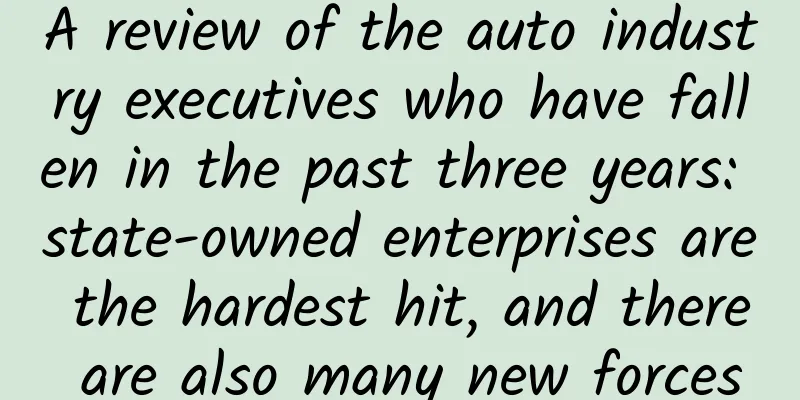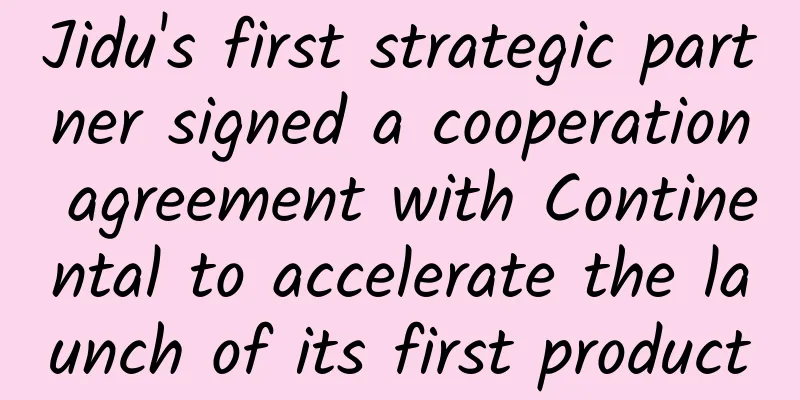Secret's demise reveals Silicon Valley startups' "flash in the pan" trend

|
A twist of fate Last summer, employees of the startup Secret waited in their new offices in downtown San Francisco for a speech from its founder. Secret had just raised $25 million to build a smartphone app that lets users anonymously share information with friends and contacts. However, what they waited for was a disappointing news: Secret co-founders David Byttow and Chrys Bader sold part of their shares for $6 million, and Byttow had just bought a Ferrari. The two founders did not tell their employees about the stock sale at first, and the news came from Secret. Although Beto and Bader promised employees at the meeting that they would continue to devote all their energy to the development of the company, people familiar with the matter said that day still became a turning point in Secret's fate. Some employees lost confidence in the company, saying that if the founders cashed out their shares, it meant that they were worried that Secret would fail, so they had to protect their interests in this way. On Tuesday, what employees feared finally happened. After months of declining usage, Beto told employees that the company would shut down and offer severance packages, according to people familiar with the matter. Shortly after the news website BuzzFeed reported that Secret would be shutting down, Beto published a blog post on Wednesday saying: "After careful consideration and comprehensive consultation with the board, we have decided to shut down Secret." He said that in the next few weeks, the aftermath will be dealt with and the funds will be returned to investors. "I believe that ending as soon as possible is to move forward." A flash in the pan Secret’s development epitomizes a trend in Silicon Valley that has seen a few startups achieve sky-high valuations and raise billions of dollars in funding, while other private companies fail to sustain healthy growth over the long term. Fab.com, once a darling of the e-commerce industry, was valued at more than $1 billion and raised more than $150 million, but it was sold this year for $15 million. Other startups have fallen off the wagon amid competition from big companies. For example, the live streaming video app Meerkat was popular earlier this year, but it has fallen into trouble after Twitter's Periscope launched a direct competition with it. Yet even by Silicon Valley standards, the speed with which Secret, which was co-founded 16 months ago by Beto, who previously worked on social networking products at Google and other startups such as mobile payment service Square, has gone from hot to obsolete has been surprising to most. Within weeks, Secret became a hit in Silicon Valley. Venture capitalist Marc Andreessen tweeted several times at the time, refuting rumors of apps similar to Secret. Meanwhile, other investors piled into Secret. In March 2014, the company raised $8.6 million from Kleiner Perkins and Hollywood star Ashton Kutcher. Anonymous social networking The app's momentum comes in part from its anonymity, and many in the industry believe it will become the next wave of social networking after Facebook and Twitter. Alexis Ohanian, founder of the social news site Reddit, also invested in Secret. He said at the time that the service would compete for social networks outside the Facebook ecosystem in the future: "Apps like Secret will provide an outlet for people to speak honestly about things that would otherwise be detrimental to their careers." But Ohanian did not comment on the closure of Secret on Wednesday. “They raised a lot of money and the initial response was great,” said Biran Blau of Gartner, a U.S. market research firm. “But how do you achieve viral growth if the entire community is anonymous?” Beto has tried to allay concerns. In a blog post in March, he said that 75% of users with more than five friends use Secret every day. "We want to create a world where authenticity is the norm," he wrote. "Being more honest with each other brings us closer together, builds mutual understanding, and ultimately makes the world a better place." Secret was once so popular that even Facebook's vice president of product, Christ Cox, had private discussions with the company's co-founders about anonymity and real names, according to people familiar with the matter. Facebook declined to comment. Controversy Still, Secret is rife with controversy. To many, it's a sleazy morass of shady comments and a channel for anonymous cyberbullies to attack others. To combat this, Secret hired community coordinators to moderate negative posts. Insiders say the company wasn't prepared for the volume of negative content. Funding has continued to favor Secret, and in July last year the company raised another $25 million from venture capital firms such as Index Ventures and Redpoint Ventures, with a valuation of over $100 million. To broaden the app’s appeal, the startup also introduced a new version of the service that allows users to log in using their Facebook accounts and search for their friends, rather than just their phone’s address book, and added a feature that makes it easier for users to import topics into the app. Even so, Secret usage has declined, according to market research firm App Annie, and in August last year a Brazilian court ordered Apple and Google to remove the app from their respective app stores, arguing that the service could facilitate cyberbullying. Many observers have expressed concerns about Secret before. In the past six months, almost all of Secret's top engineers have jumped to Uber, Airbnb and Twitter. In December, Secret revamped its app in the hope of attracting more users by mimicking rival Yik Yak. But people familiar with the matter said the move did not work and usage continued to decline. Bader then left Secret over a disagreement with Beto. "(Closing Secret) has been the hardest decision of my life and it has saddened me," Beto wrote on Wednesday. "Unfortunately, Secret no longer represents the vision we had when we founded the company, so I think this is the right decision for me, our investors, and our team." People familiar with the matter said that Beto also sold his previous red Ferrari. As a winner of Toutiao's Qingyun Plan and Baijiahao's Bai+ Plan, the 2019 Baidu Digital Author of the Year, the Baijiahao's Most Popular Author in the Technology Field, the 2019 Sogou Technology and Culture Author, and the 2021 Baijiahao Quarterly Influential Creator, he has won many awards, including the 2013 Sohu Best Industry Media Person, the 2015 China New Media Entrepreneurship Competition Beijing Third Place, the 2015 Guangmang Experience Award, the 2015 China New Media Entrepreneurship Competition Finals Third Place, and the 2018 Baidu Dynamic Annual Powerful Celebrity. |
<<: "Pure" pornographic video sites are also beginning to learn to flirt
>>: Regardless of performance? Baofeng Technology has hit the daily limit for 27 consecutive days
Recommend
High-conversion live broadcast script design!
Recently, many anchors have been asking me what t...
World Bipolar Disorder Day丨They are neither geniuses nor crazy...
Today, March 30, is World Bipolar Disorder Day. M...
This pre-Qin poet gave a name to the spacecraft 2000 years later...
END Editor: Muzi...
WeChat Reading Product Analysis Report
" WeChat Reading " is a reading softwar...
Do children only have stuffy noses, runny noses, and sneezing when they have a cold? That may not be the case...
gossip In spring, if children repeatedly experien...
Bidding Promotion Strategy Guide
First of all, we need to understand bidding. Why ...
Fighting each other is not the right solution. Domestic companies should take a look at Apple and Microsoft.
[[150371]] "We have no eternal enemies, nor ...
The secret behind ZTE's 1,699 yuan phone is better than Xiaomi 3!
On April Fools' Day, ZTE played a "big jo...
[Creative Cultivation Program] Can "blood washing" therapy help lose weight and lower blood lipids? Dangerous! The truth is...
When the machine starts, the garbage in the blood...
Game Creator game template competition opens, let's make game directors together
In order to provide developers with more game typ...
Advice from 5 senior APP promoters to practitioners
In the process of acquiring APP users, the compet...
【motioner】3D software brawl|Dreamlike combos from concept to screen【HD quality with material】
【motioner】3D software brawl|Dreamlike combos from...
Why do we put mosaics on the eyes?
Since its invention, mosaic has brought great con...
Data from over 700,000 people: These 8 simple habits can significantly extend your lifespan
A healthy lifestyle is closely related to a perso...
New research shows that Tyrannosaurus Rex may have a small "air conditioner" in its head
Every summer, I have to sigh that air conditionin...









